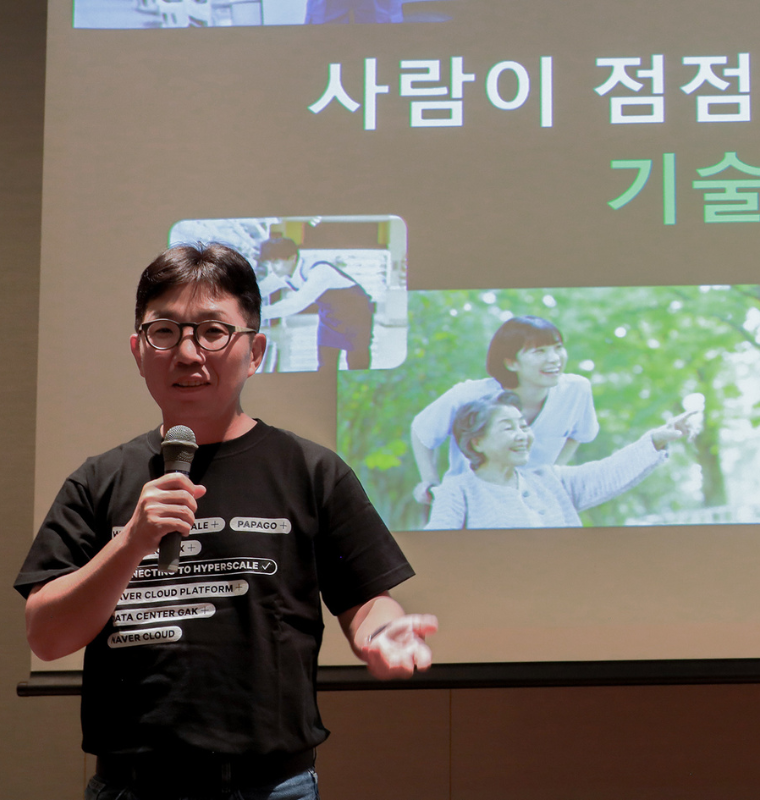Pop Mart’s Labubu Craze Cools as Resale Prices Plunge, Company Sees Strategic Upside
Pop Mart’s Labubu Craze Cools as Resale Prices Plunge, Company Sees Strategic Upside
By
Calder Monroe
Last updated:
September 29, 2025
First Published:
September 29, 2025

Photo: CGTN
From Fever to Correction
Chinese toy giant Pop Mart saw its Labubu dolls dominate the summer, sparking a frenzy among collectors and fueling a booming secondary market. Limited editions sold for astronomical markups, with one secret blind box reportedly fetching over 2,000% above retail, according to Nomura. The hype even drew criminal attention—last month, a $30,000 heist in California targeted the collectible craze.
But the fever is now cooling. Resale prices have dropped by 50% or more, signaling that panic-selling among scalpers has taken hold. Despite this, Pop Mart sees the downturn as a positive step toward a more sustainable market.
“Our products are designed for those who connect with the art and joy they bring,” Pop Mart said in a statement. “Making this art accessible is key. If purchases are solely for profit, the model will eventually collapse.”
Rising Production and Market Strategy
To combat scalper dominance and meet demand, Pop Mart has significantly ramped up production. The company now produces approximately 30 million plush toys monthly—ten times last year’s output.
The secondary market’s volatility also reflects cooling demand, particularly in mainland China and for older editions, according to analysts. “Scalpers are releasing inventory out of fear they won’t be able to sell it later,” said Hao Hong, CIO of Lotus Asset Management. Jeff Zhang, equity analyst at Morningstar, added that resale activity serves as a key barometer for Pop Mart’s hottest products.
Financial Impact and Market Perception
While Pop Mart does not profit directly from the resale market, the hype around scarcity historically boosted brand awareness and demand for primary sales. Shares have dropped 16% over the last month, though they remain up more than 200% year-to-date, highlighting the enduring investor interest.
Experts note that unlike luxury items, the dolls have a finite appeal. “A gold watch lasts forever; a doll does not,” Hong said. Nevertheless, Pop Mart’s global expansion—especially in North America and the Asia-Pacific region—could sustain interest in flagship products like Labubu into next year.
Beyond Blind Boxes: Brand Expansion
Pop Mart is also diversifying its business model. The company operates a theme park and partners with international brands including Uniqlo, Disney, and Coca-Cola. Investments in original animation aim to enrich character backstories and deepen consumer engagement.
Analysts say the company’s challenge is to maintain momentum beyond the current craze. “The blind box strategy created instant excitement, but long-term success will depend on creating lasting connections with consumers,” said Zhang. Chinese state media has even highlighted concerns over the addictive nature of blind boxes for children, prompting the company to explore alternative engagement methods.
The Future of Pop Mart Collectibles
Industry observers remain optimistic about Pop Mart’s ability to launch new hits. Founder Ashley Dudarenok of ChoZan described Pop Mart’s creative teams as “modern-day anthropologists” who study niche consumer communities to design characters that resonate globally.
“Labubu didn’t become a sensation overnight. It took years of research and curation,” Dudarenok said. “Pop Mart has the talent and insight to surprise collectors with the next big hit in the coming years.”
The correction in Labubu resale prices is not a setback but a recalibration. Pop Mart’s strategy of making collectibles more accessible while maintaining brand value signals a shift toward sustainable growth. For collectors and investors, the key is not just chasing short-term hype, but engaging with a brand that continues to innovate and resonate worldwide.
Popular articles
Subscribe to unlock premium content
Global Cultures and the Hidden Drivers of Productivity and Happiness

The Future of Personalized Medicine

Digital Nomads and the New Global Economy

Global Cultures and the Hidden Drivers of Productivity and Happiness

The Future of Personalized Medicine

Global Cultures and the Hidden Drivers of Productivity and Happiness









